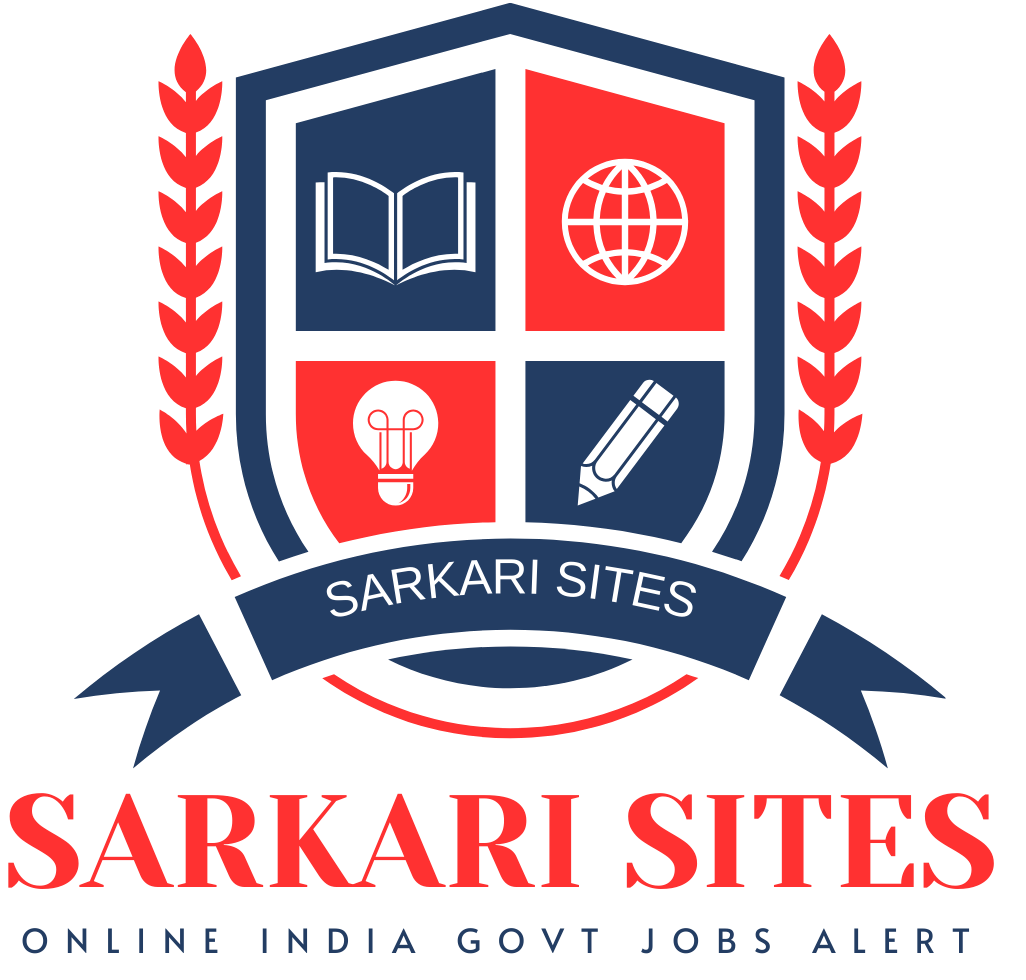More About NTA NEET UG 2025 Exam City Details
1. What is NTA NEET UG 2025?
The NEET UG exam is a standardized national-level entrance test conducted by the NTA for admission to medical courses across India. It is the sole exam for undergraduate medical programs in government and private medical colleges. NEET UG 2025 will allow candidates to pursue a variety of medical courses, including MBBS (Bachelor of Medicine and Bachelor of Surgery), BDS (Bachelor of Dental Surgery), BAMS (Bachelor of Ayurvedic Medicine and Surgery), BHMS (Bachelor of Homeopathic Medicine and Surgery), and other allied medical courses.
2. Why is NEET UG 2025 Important?
NEET UG 2025 holds immense significance for aspiring medical students in India. It provides a single platform for candidates to secure admission to medical programs offered by both government and private institutions across the country. Some of the key reasons for its importance include:
-
Single Entrance Exam: NEET UG is the only entrance exam for undergraduate medical courses in India, eliminating the need for multiple exams.
-
Opportunities for All: NEET UG provides opportunities for students from various backgrounds to enter the medical profession, irrespective of their state of origin.
-
Admission to Reputed Colleges: Clearing the NEET UG exam opens doors to the top medical colleges in India, such as AIIMS, JIPMER, and various state universities.
-
Pathway to a Rewarding Career: NEET UG is the first step towards a rewarding career in healthcare, offering students various specializations and career prospects in both India and abroad.
3. Exam City Details for NTA NEET UG 2025
As a part of the NEET UG 2025 registration process, candidates will be asked to select their preferred exam cities. The exam cities are carefully chosen by the NTA, and it’s essential for candidates to understand the process of selecting an exam city and what it entails.
How to Select Your Exam City
During the NEET UG 2025 registration process, candidates will be asked to select three preferred exam cities. The NTA will attempt to assign the exam center based on the availability of seats in each city. However, it’s important to note that the final allocation of the exam city and center is at the discretion of the NTA. Once candidates have successfully registered, they can check their exam center details in the NEET UG 2025 admit card.
Exam City Allocation Process
-
Choice of City: Candidates will be allowed to choose their preferred city or region where they wish to appear for the examination.
-
Availability: The NTA takes into account the number of candidates, logistical concerns, and availability of resources to allocate exam centers in a city.
-
Final Allocation: The final allocation will be displayed on the admit card. If the preferred exam city is unavailable, candidates will be assigned a city closest to their preferences.
Important Considerations
-
Travel and Accommodation: It is crucial for candidates to plan their travel and accommodation well in advance, especially if they are allocated a distant exam center.
-
Accessibility: Ensure that the chosen exam center is easily accessible by local transport or other means.
-
City-wise Center Availability: Certain cities may have more exam centers, while others may have limited facilities. Keep this in mind while selecting your preferences.
4. Exam Pattern for NTA NEET UG 2025
Understanding the exam pattern is vital for candidates to structure their preparation effectively. Here is the detailed NEET UG 2025 exam pattern:
Mode of Exam:
Duration:
Number of Questions:
Marking Scheme:
Types of Questions:
Subjects Covered:
-
Physics: Mechanics, Thermodynamics, Waves, Optics, Electrostatics, Current Electricity, etc.
-
Chemistry: Organic Chemistry, Inorganic Chemistry, Physical Chemistry, Chemical Bonding, etc.
-
Biology: Zoology, Botany, Human Physiology, Genetics, Ecology, etc.
5. Syllabus for NTA NEET UG 2025
The syllabus for NEET UG 2025 will be based on the NCERT curriculum for classes 11 and 12. Here is an outline of the syllabus:
Physics:
-
Class 11: Laws of Motion, Work, Energy and Power, Gravitation, Kinematics, Properties of Matter, Waves, etc.
-
Class 12: Electrostatics, Current Electricity, Magnetic Effects of Current, Optics, Dual Nature of Matter, etc.
Chemistry:
-
Class 11: Some Basic Concepts of Chemistry, Structure of Atom, States of Matter, Chemical Bonding, Organic Chemistry, etc.
-
Class 12: Solid State, Solutions, Electrochemistry, Surface Chemistry, p-Block Elements, Coordination Compounds, etc.
Biology:
-
Class 11: Diversity in Living World, Cell Structure and Function, Human Physiology, Plant Physiology, etc.
-
Class 12: Reproduction, Genetics and Evolution, Ecology, Biology and Human Welfare, Biotechnology, etc.
6. Salary Structure for Medical Professionals
After clearing NEET UG 2025 and successfully completing a medical degree (MBBS or BDS), candidates will step into a well-respected and rewarding career. The salary structure for medical professionals varies based on their specialization, experience, and the type of healthcare institution they work in.
-
Government Hospitals: Doctors in government hospitals typically earn between ₹60,000 to ₹1,20,000 per month during the initial years.
-
Private Hospitals: The salary in private hospitals can vary widely, ranging from ₹50,000 to ₹1,50,000 per month for freshers.
-
Private Practice: Doctors in private practice have the potential to earn significantly more, but this depends on their patient base, location, and reputation.
As one gains experience and further specializes (for instance, as a surgeon, cardiologist, etc.), the salary can increase substantially. For example, experienced specialists can earn anywhere from ₹2,00,000 to ₹5,00,000 or more per month in high-demand areas.
7. How to Prepare for NTA NEET UG 2025
Preparing for NEET UG 2025 requires dedication, hard work, and a strategic approach. Here are some essential tips for effective preparation:
-
Understand the Syllabus and Exam Pattern: As mentioned above, familiarize yourself with the syllabus and exam pattern to structure your study schedule effectively.
-
Create a Study Plan: A well-organized study plan will help you cover all topics systematically. Allocate sufficient time for each subject and revise regularly.
-
Practice Mock Tests: Solving previous year papers and mock tests will help you understand the exam pattern, improve time management, and boost your confidence.
-
Focus on Conceptual Learning: Instead of rote memorization, focus on understanding the concepts in Physics, Chemistry, and Biology. This will help you tackle difficult questions.
-
Regular Revision: Periodically revising topics ensures better retention and deeper understanding, especially for complex subjects like Biology and Chemistry.



